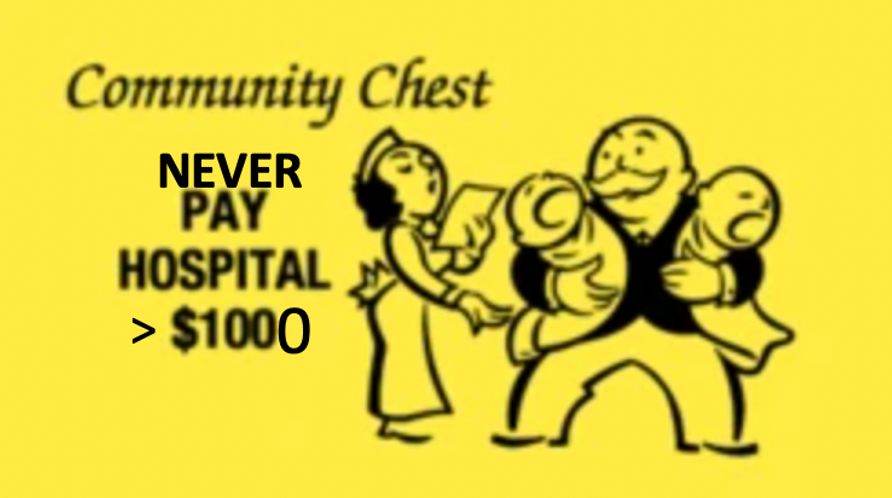Should coffee carry a warning label?
- Apr 23, 2018
- 3 min read
Updated: Jan 14, 2020
This post is by Quizzify co-founders Al Lewis and Vik Khanna.
Attention coffee drinkers: Here comes the judge.
Coffee: It’s a perfectly harmless (and possibly even useful if you don’t exceed four cups daily) beverage, at least if you don’t drink it too close to bedtime or load it up with sugar. And yet a judge’s ruling in California threatens to make baristas slap a cancer warning label on it, because it contains trace amounts of a known carcinogen. A California statute requires public notice of all possible carcinogens.
Naturally we have a few thoughts on this.
Remember, we are very skeptical of Big Food. They try to hook the public on added sugars in general. They hide sugar in ingredients labels by giving it fancy names like “organic brown rice syrup” (we’re lookin’ at you, Clif Bar!). They boast about products being “low-fat” when they are unhealthily high in processed carbohydrates. Packages shout “Contains No Cholesterol!” when the product in question, like cereal, doesn’t have any anyway. (And dietary cholesterol does not raise blood cholesterol in most people.)
You need only play the first question on the Quizzify home page to see how we educate employees to beware of these unethical marketing ploys.
But this is not that situation. Nor is this a case where (as was the case with cigarettes and is now the case with outcomes-based wellness programs) all the studies done by people in the coffee industry show benefits and all the studies done by people outside the industry show harms.
Here are some musings about it. These musings come from one non-coffee-drinker and one coffee fan, so there is no “investigator bias.” We can’t say for certain there is zero risk, but to put the risk in perspective:
No death certificate has ever contained the word “coffee,” no reputable oncologist has ever attributed a single case of cancer to coffee consumption, and no plaintiff’s attorney has ever successfully sued Folgers for giving its customers cancer.
If you routinely drive to Starbucks without buckling your seatbelt, your risk of death is higher from that than the actual coffee.
The risk to your health of routinely spooning more than a teaspoon or two of sugar into your coffee far exceeds any possible risk to your health from coffee itself.
The risk to your health of having a cigarette with your coffee? Magnitudes higher.

The risk to your health of routinely spooning more than a teaspoon or two of sugar into your coffee far exceeds any possible risk to your health from coffee itself.
Coffee may even confer some health benefits. The data is suggestive, not pure cause-and-effect (like exercise and heart attack risk), but some studies suggest reductions in some cancer risks. Drinking coffee may also be associated with longevity, although the places where people drink the most coffee also tend to have more higher income and education, and very few, if any, observational studies can successfully tease out the impact of coffee from other healthy lifestyle factors common in these countries.
Conversely, just one study found coffee increased risk of death, but that study turns out to be an excellent example of why employees who play Quizzify know how to read studies better than those who don’t. (Heavy coffee drinkers often smoke, too. For some reason, the researchers didn’t control for that.)
In general, many researchers look to make a name for themselves by being the first to “link” something in our food supply to some horrible health outcome – like genetically modified organisms (GMOs), which have survived virtually every major research study to date, or like pesticide residue in non-organic produce, which have never been causally linked to documented harms in consumers (though the health risk to farmworkers of pesticide use is the subject of controversy and may be significant).
If no researcher has succeeded in doing that yet, it’s because there either isn’t any added risk from the alleged hazard in question, or because the added risk is far too trivial to show up in a study, and therefore far too trivial to be concerned about.
Coffee is definitely one or the other. So drink up!



